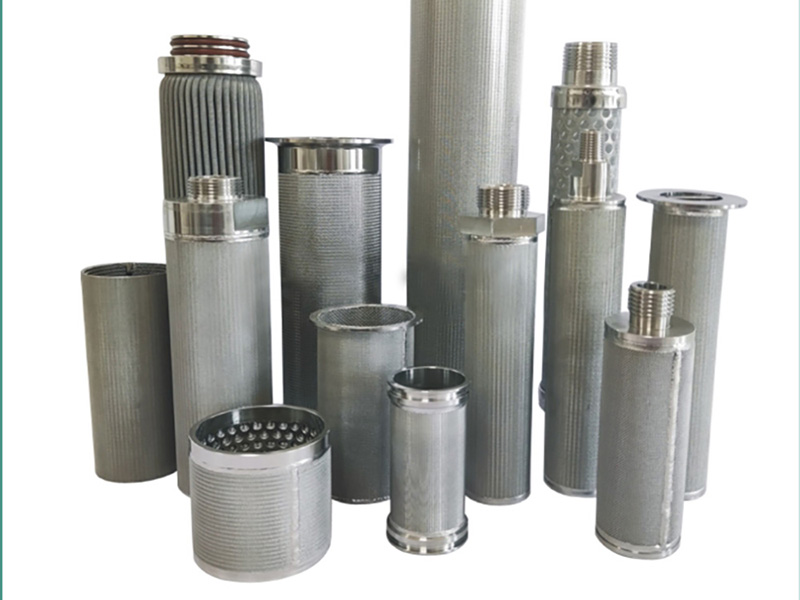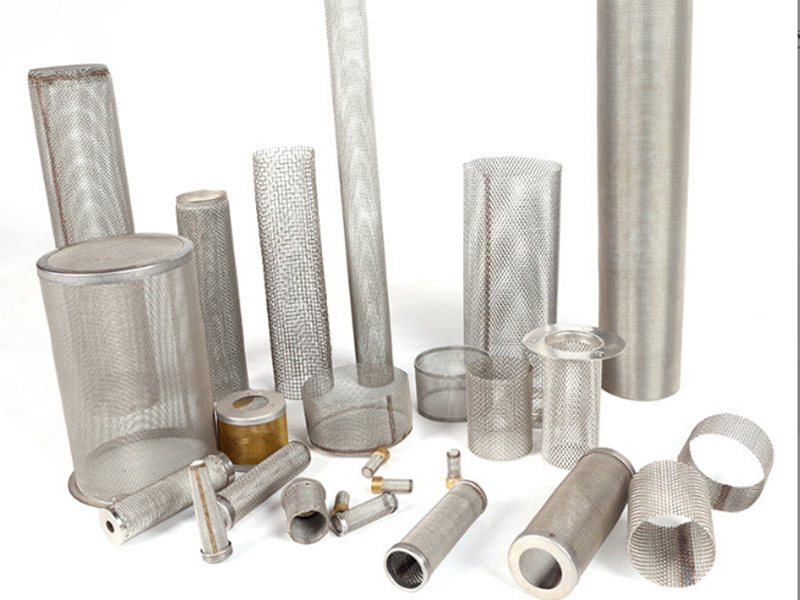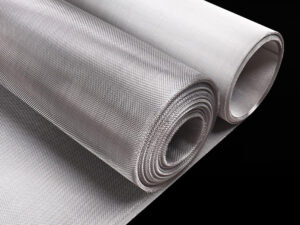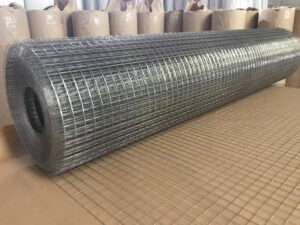🔹 Introduction
In modern industrial processes, stainless steel filter tubes play a vital role in separating solids from liquids or gases. Compared with traditional paper, cloth, or polymer filters, stainless steel filters offer superior durability, precision, and cost efficiency. This article introduces their main advantages and key applications across different industries.
🔹 1. What Is a Stainless Steel Filter Tube?
A stainless steel filter tube is a cylindrical filter element made by combining woven wire mesh, perforated metal, or sintered mesh through welding or rolling. It can withstand high temperature, pressure, and corrosion, making it suitable for harsh working environments.
Filter tubes are available in single-layer or multi-layer designs, depending on the filtration accuracy required.
🔹 2. Advantages of Stainless Steel Filter Tubes
✅ High Strength and Durability
Unlike disposable filters, stainless steel filter tubes can operate under high pressure and temperature without deformation.
✅ Corrosion and Chemical Resistance
Made from SS304, SS316, or SS316L, these filters resist acids, alkalis, and solvents, ensuring a long service life.
✅ Reusable and Eco-Friendly
The filters can be cleaned and reused multiple times, reducing replacement costs and waste.
✅ Precise Filtration Accuracy
Woven and sintered mesh structures allow for consistent micron ratings from 1–500 µm.
✅ Customizable Design
They can be tailored in size, shape, and connection types for different industrial systems.
🔹 3. Industrial Applications
1. Water Treatment
Used for removing suspended solids, sand, and rust in municipal and industrial water filtration systems.
2. Chemical and Petrochemical Industry
Applied in acid, alkali, and solvent filtration to protect pumps, valves, and pipelines.
3. Food and Beverage
Ensures hygiene and safety in beer, milk, and edible oil filtration processes.
4. Oil and Gas Industry
Used for solid-liquid separation, hydraulic filtration, and wellhead sand control.
5. Pharmaceutical and Medical Equipment
Ensures high purity filtration and prevents contamination in liquid or gas systems.
🔹 4. Maintenance and Cleaning
Stainless steel filter tubes can be cleaned by backflushing, ultrasonic cleaning, or chemical soaking, depending on the contamination type. Proper maintenance extends service life and ensures consistent filtration performance.
🔹 5. Conclusion
With their outstanding strength, corrosion resistance, and reusability, stainless steel filter tubes have become an indispensable component in modern industrial filtration. Whether for water treatment, chemical processing, or food production, they provide a reliable and long-term solution for high-efficiency filtration systems.





